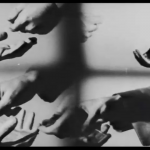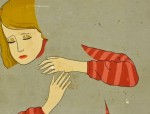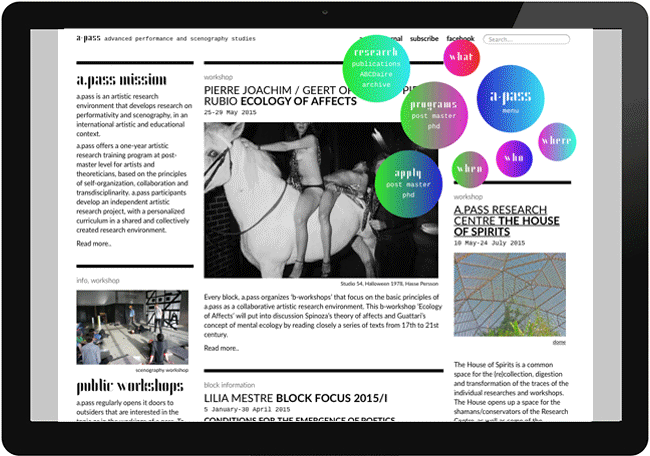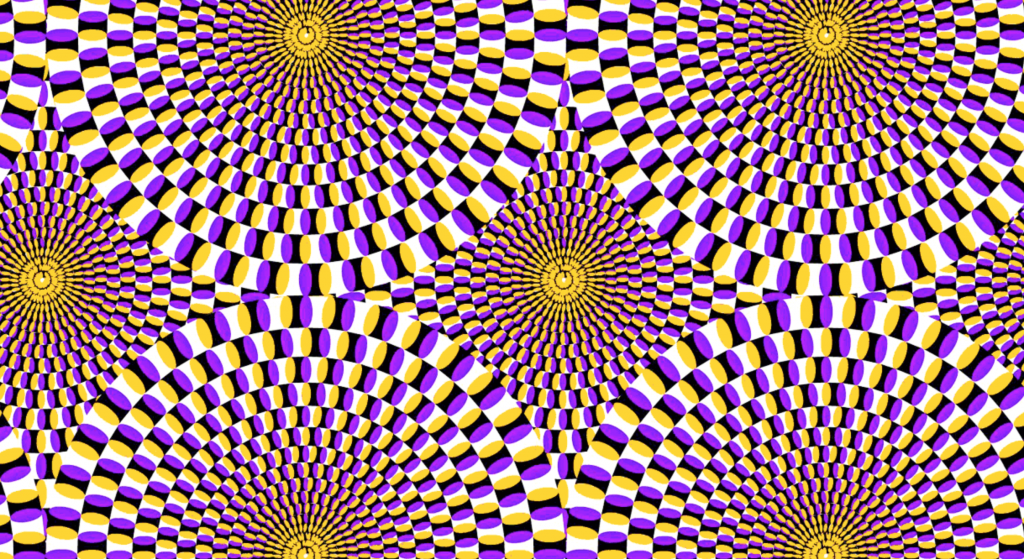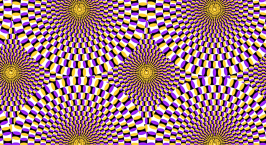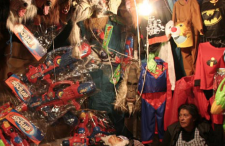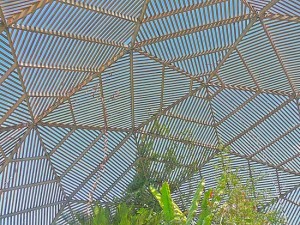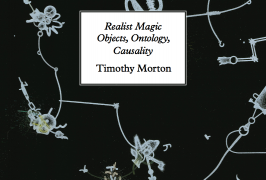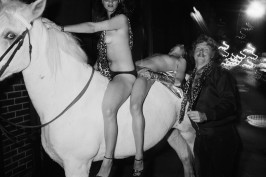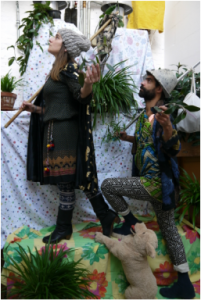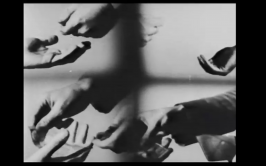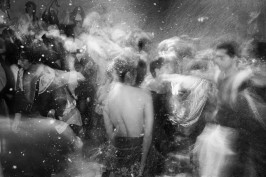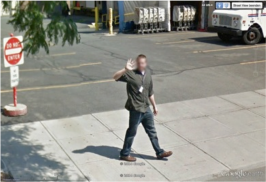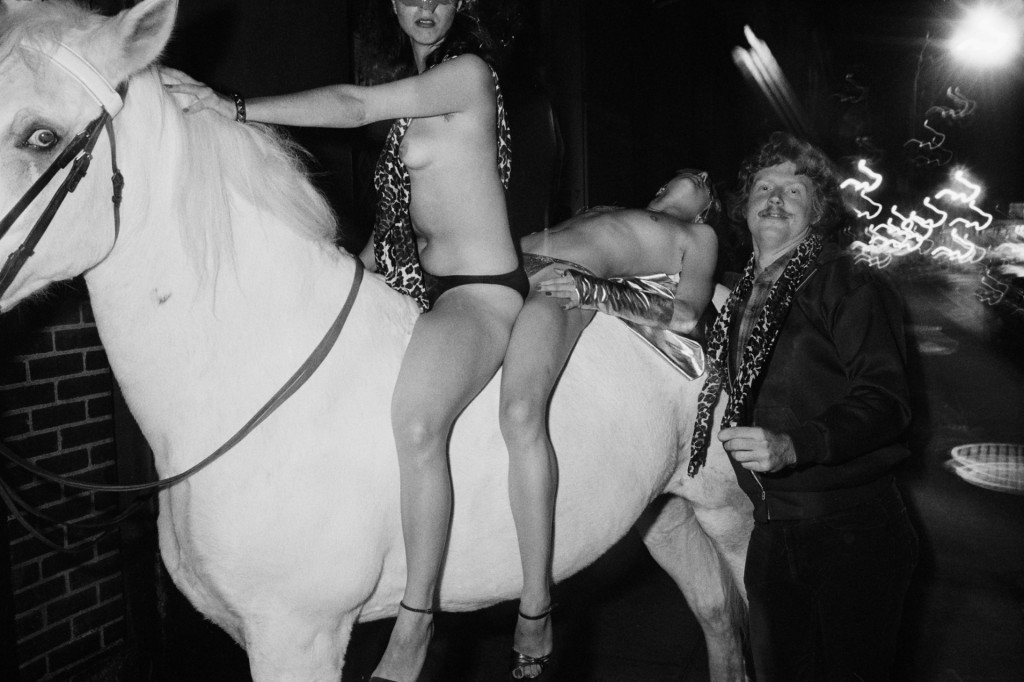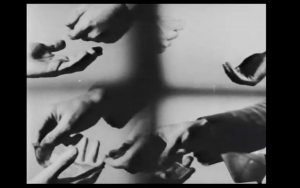Researchers Participants in the Postgraduate Program
Audrey Cottin
Esteban Donoso
Isabel Burr Raty
Jeremiah Runnels
Kleoni Manousakis
Mavi Veloso
Thiago Antunes
Tinna Ottesen
Vanja Smiljanic
Verónica Cruz
Yaari Shalem
Research End Presentations
Gosie Vervlosem
Philippine Hoegen
Samah Hijawi
Sara Santos
Research Centre Researchers
Adriana La Selva
Cecilia Molano
Juan Dominguez
Mala Kline
Ricardo Santana
Ruth S. Noyes
Partner
PAF Performance Arts Forum
Contributors for workshops
Abu Ali * Toni Serra
Adriana La Selva
Adva Zakai
Elke van Campenhout
Esteban Donoso
Geert Opsomer
Isabel Burr Raty
Kleoni Manousakis
Luanda Casella
Marcos Simoes
Medicine Man Oscar Parada
Nicolas Galeazzi
Peter Stamer
Pierre Joachim
Pierre Rubio
Sara Manente
Thiago Antunes
Veridiana Zurita
Coordinators a.pass
Elke van Campenhout
Nicolas Galeazzi
Pierre Rubio
Mentors
Adva Zakai
Femke Snelting
'UNTOUCHABLE / UNACCEPTABLE / INTANGIBLE'
about the imaginative aesthetics of change
Curated by Elke Van Campenhout (Research Coordinator), Nicolas Galeazzi (Program Coordinator), and Pierre Rubio (Associate Program Curator)
In defence of the power of aesthetics this block tries to pry open the difficult paradox between criticality and imagination, between the power of the subject and the passive resistance of the object, between political critique and artistic re-imagineering strategies.
The unacceptable reveals the limitations of the acceptable.
The untouchable foreshadows the adventurous discovery of difference.
The intangible offers a speculative sense towards the radically other.
01/05 - 31/07 / 2015
Ongoing workshops
House of Spirits
Throughout the whole period, the House of Spirits is a common space for the (re)collection, digestion and transformation of the traces of the individual researches and workshops. The House opens up a space for the ‘shamans/conservators’ of the Research Centre, as well as some of the participants. Every week another ‘shaman’ practices in the House of Spirits, working with the case objects of the participants or with left-overs of the workshop, developing a shared ritual for the a.pass group. The strategies of the ‘shaman’ include reordering, cataloguing, magical transformations, ritual alchemy, displacement and fictionalisation.
Every shaman puts the individual case traces in another context, allowing them to resonate and breed new meanings and connections. The shamans together develop the Book, which documents the changing protocols regulating the workings of the House.
At the end, the House of Spirits opens its doors to the public. In the form of a weeklong celebration, a curated exhibition, a mini-festival, a performative conference, or whatever at that point seems to be the most relevant to the group, the House functions in that week as a kind of temporal 3D publications that offers guests an insight in the works developed throughout the block.
Reading Circle
As a red thread throughout the block the participants engage in a weekly communal reading practice of the book ‘Realist Magic - Object, Ontology, Causality’ by Timothy Morton.
Reading and discussing in-depth this one central text allows for the development of a common ground of reference and connection that functions as a backdrop to the workshops and practices that shape the block.
Self-interviews
Throughout the block each participant can develop a self-interviewing practice, which is supported by one or more mentors. The self-interview develops through the case practices, and is embedded in the mentoring process. During opening week we will introduce possible strategies for self-interviewing and start up the process.
04 / 05 - 06 / 05 / 2015
‘BRICOLAGE’
workshop by Nicolas Galeazzi
Diving into the concept of bricolage, described in Claude Levi-Strauss' 'The Savage Mind', we develop a practice to present, discuss and discover the momentary objectives of our researches. With the help of found and constructed objects - objects of personal importance and desire, objects of daily or precious use, objects of thought and discourse - we will try to get a hold on the actual qualities of each one's research model and methodology. The bricolage technique may be very close to many of our practices. The artist researchers are commonly acknowledged as the bricoleur-scientists. They craft the object of knowledge.
In the course of this week we will present the current state of our research case from various perspectives. ‘Bricolaging’ the 'objects' of your research, turning them upside down, looking at them through the other's eyes and assembling the elements in play, we want to understand the complex horizon of your research target.
25 / 05 - 29 / 05 / 2015
‘ECOLOGY OF AFFECTS’
a.pass Basics workshop by Pierre Joachim, Geert Opsomer and Pierre Rubio
Can we associate sadness with the outcomes of our capitalist world? Are we affected so much by capitalism that we can only sadly survive in what seems to have become its ‘nature’? Can we still affect the world? What could a joyful passion mean today? Is a joyful passion subversive? How can we create the conditions for joy to be possible? Is it by re-allocating desire that new joys can emerge? Can artistic researches produce a change Can agency be generated with aesthetic means? Could we critically re-combine ethics and aesthetics to reclaim the transformative power of our researches? What could be the nature of an ecology of affects with the potential to produce a change?
Every block, a.pass organizes ‘a.pass Basics workshops’ that focus on the basic principles of a.pass as a collaborative artistic research environment.
This B-workshop ‘Ecology of Affects’ will put into discussion Spinoza’s concepts of Desire, Joy, Sadness and Affect in the ‘Ethics’ and Guattari’s concepts of Mental Ecology and Collective Assemblages of Enunciation by reading closely a series of texts from the 17th up to the 21st century. With the help of two guests, Pierre Joachim and Geert Opsomer, we will study these philosophical key notions but also discover how Pierre and Geert put them into practice and consequently how we can do so as well.
01 / 06 - 05 / 06 / 2015
‘PLACE THIS’
Workshop by Sara Manente and Marcos Simoes
The workshop unfolds a series of extra-sensorial practices as tools for collaboration in groups, couples or with objects. The tools, for example the telepathic approach, offer the possibility to create a third existence which is ‘a self’, an entity other than us, with its own qualities and ability to perform in an attempt to include chance and other contingencies in the work, to destabilize power relations based on linear logics and to questions the effect of belief and make-belief in a performative environment. Can we create magic by creating the rules for magic to happen? Like an ‘experimental magic’ without magicians? Is it possible to empower an object, a person, a situation through speculation and prediction?
The workshop will start with a daily practice of writing questions for a tarot reader. Then, we will offer three different performative tools to be explored and then appropriated into your own project. The workshop “Place this” wants to discover the transformational powers of this knowledge in different constellations: individually, with objects, in couples, trios, groups. With the stubbornness of ‘the idiot’, we will practice and question again and again opening up the creative process to the material and the immaterial.
08 / 06 - 12 / 06 / 2015
‘UNSEEN WORKSHOP’
Workshop by Abu Ali * Toni Serra
Abu Ali * Toni Serra is a researcher through video. He hosts and programs the Observatori de Video No Identificat based in Barcelona - an observatory archive, that is structured around particular themes, which does encourage a critique of contemporary culture and society,
His videos explore different visions between the essay and the poetry, with an evocation of trance and the realities of dream. His videos immerse into the relationship with the visionary, into the inner experience, the no man’s land between real and unreal, dream and awakeness, poetry and prophecy... as ways to deepen the criticism of reality.
Normally we associate image with vision. But in a society of the spectacle images have become a form of blindness - an increasing veil, that prevents us from viewing. Our vision remains a prisoner of the images constructed by the entertainment, media and network apparatus, which not only tries to shape our vision but to colonize our dreams.
For the workshop, he offers a selection of footage, which directly deals with the ‘Unseen’. Based on these projections he will experiment with us on practicing the not-seen. Challenging the relation between the gaze and action, vision and perception, the imaginary and the experienced, we will cruise through a network of text, video, and physical practices that open the vision for the unseen and the un-seeing.
22 / 06 - 26 / 06 / 2015
‘TOWARDS A COLLECTIVE RITUAL’
Workshop by Medicine Man Oscar Parada
What is a ritual and how can we use our bodies as tools to access a ritualistic space? Could rituals be keys to enter the invisible world and render it perceptible to us? Are ritualistic practices ways to open a specific space inside us but connecting us as well with the outside? How to navigate the body for it to become an instrument that can reveal those spaces? What is the epistemology supporting the ritualistic practices? What are the tools and symbols at work to create a healing ceremony? How to realise that a mere procedure can escape the mechanical, become a ritual and perform power? What is a sacred space, and what can it do?
In this workshop Medicine Man Oscar Parada proposes hologenic breathing techniques, re-birthing, sound evocation, Zen Buddhism and ritualistic elements from the Amerindian cosmogony as ways to explore the sacred.
This workshop has as objective to engage and reproduce the sacred in connection with a performative ritual space. Which is: to operate a transformation. And that is what we can call medicine. Medicine is everything that transforms us.
Firstly, the workshop proposes techniques and practices to open the body not only as an artistic tool but also as a medicinal tool. Secondly the workshop is also a research into creating individual and collective rituals in different ways.
We will question and challenge the limits of what ‘self’, ‘presence’ and ‘relation’ mean.
We will open different space dimensions to find in ourselves ways to discover, recreate and relearn our personal ritualistic spaces connected to our memory. The different sessions will produce a possible catharsis for the participants to create a collective healing ceremony.
29 / 06 - 03 / 07 / 2015
‘SIX DEGREES OF SEPARATION’
Workshop by Peter Stamer and Luanda Casella
We are dealing with what is known as „The Small World Problem“, a popular research method, especially in times of immaterial communication or social networks like Facebook, trying to merge mathematical parameters of statistics with marketing tools to improve accessibility to one’s consumer behaviour. And yet, the thought is fascinating: that everyone of us is connected with anyone on this planet of now 7.5 billion inhabitants, regardless of race, cultural background, continent, religion, age. Next to the political implication of such a thought this idea provides us with a resourceful generator for stories, narratives, fictions about human beings and their lives.
Six Degrees of Separation is based upon the desire to create contemporary storytelling formats in which we explore fiction in shared narrative practices - narratives without a centre plot, but composed of biographical fragments, travel experiences, random encounters, figments of imagination - and maybe very little resolution. We believe that the world is full of stories, told ones and concealed ones, voiced ones and mute ones. Stories that we fantasize are not less true; digging them out and rendering them audible creates a multiplicity of narratives which form a large tapestry of events, a patchwork of textures, interwoven in such a fashion that they somehow may exist on the verge of being. Using a mixed media apparatus (Google Earth; Skype; Google Docs, Facebook, Twitter, etc), we will go through different storytelling exercises focusing on the construction of evasive, critical, imaginative narratives in order to create a common imaginary in the end. So what is it that holds the world(s) together?
